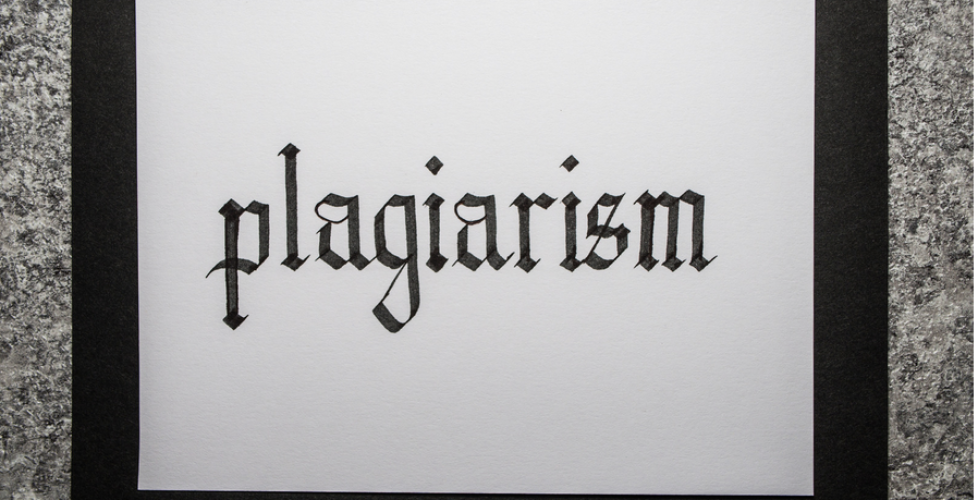ChatGPT (Generative Plagiarism Tech)
Plagiarism. Ahhh the “P word” and as some would say the unspoken fifth or sixth “P” of marketing. The word is commonly misused, but according to p.org it actually means this:
- to steal and pass off (the ideas or words of another) as one’s own
- to use (another’s production) without crediting the source
- to present as new and original an idea or product derived from an existing source
For the past few months, the business and marketing worlds have been buzzing about ChapGPT (text generator) and DALL-E (image generator) from OpenAI. And both are VERY impressive demonstrating both incredible speed and dare I say “intelligence” at tackling some of the most random prompts or directions from millions of new users every day.
But is any of it original?
No.
ALL of the work product created by these experimental “little engines that could” is based on someone ELSE’s work somewhere on this lovely planet. Now we might not know that and everything just looks and sounds so good—OMG and it’s SO easy! But upon further study, we see how these programs seek out digital words and images from millions of sources and “create” from that big stack of stuff. So what we have is really the world’s most advanced plagiarism technology masquerading as true artificial intelligence.
Here’s the thing, folks. Only human beings are capable of creation. Our Father in Heaven created us and imbued into us the unique and extremely powerful ability of…creation. We can think up entirely new things (usually based on what is really upsetting us about an existing product or service at the moment.) This is what we humans call “creativity.”
Humans create. Machines can only imitate.
Now, are machines SUPER fast at writing social media posts, blog posts, marketing copy, press releases and a million other things? — yep. But does the writing MEAN anything? Not really. If a machine chops down a tree in the forest and there are only other machines around to hear it, did it really make a sound? Do we REALLY need to write articles 10X faster? Is that the real problem? — do we suffer from a lack of words out there or is it that the LOADS of words used in most marketing aren’t very motivating or good? Oh yes, we are gonna wrestle with the big questions as we incorporate new tech into our jobs and our lives in the coming years.
Along with our creativity, human beings also have a moral compass. We know (and we are taught) right from wrong. Somewhere along the way, we understand that stealing someone else’s work and saying it was ours, (even if it was successful and we NEVER got caught,) would still be wrong and WE would have to live on knowing we did that. Machines don’t really understand right from wrong. They never will. It’s a human thing and I’m not even sure we totally understand it.
The temptation to use these new tools to “simplify” our work and do some of the “tedious” writing work for us is almost impossible to resist. But nothing great ever comes easy and you can bet the legal profession is winding up to start defending copyrights that have been infringed by this unknowing (and uncaring) presence known as AI.
So if you jump too quickly to use this tech, not only is it morally wrong (and you know it) but you could easily find yourself on the wrong side of a nasty little or big copyright infringement lawsuit. My clients won’t face this because I really like to do things the right way. I do this because I REALLY enjoy sleeping soundly at night. So whether you do it for moral or legal reasons, choose wisely how you use this new generative plagiarism technology.

